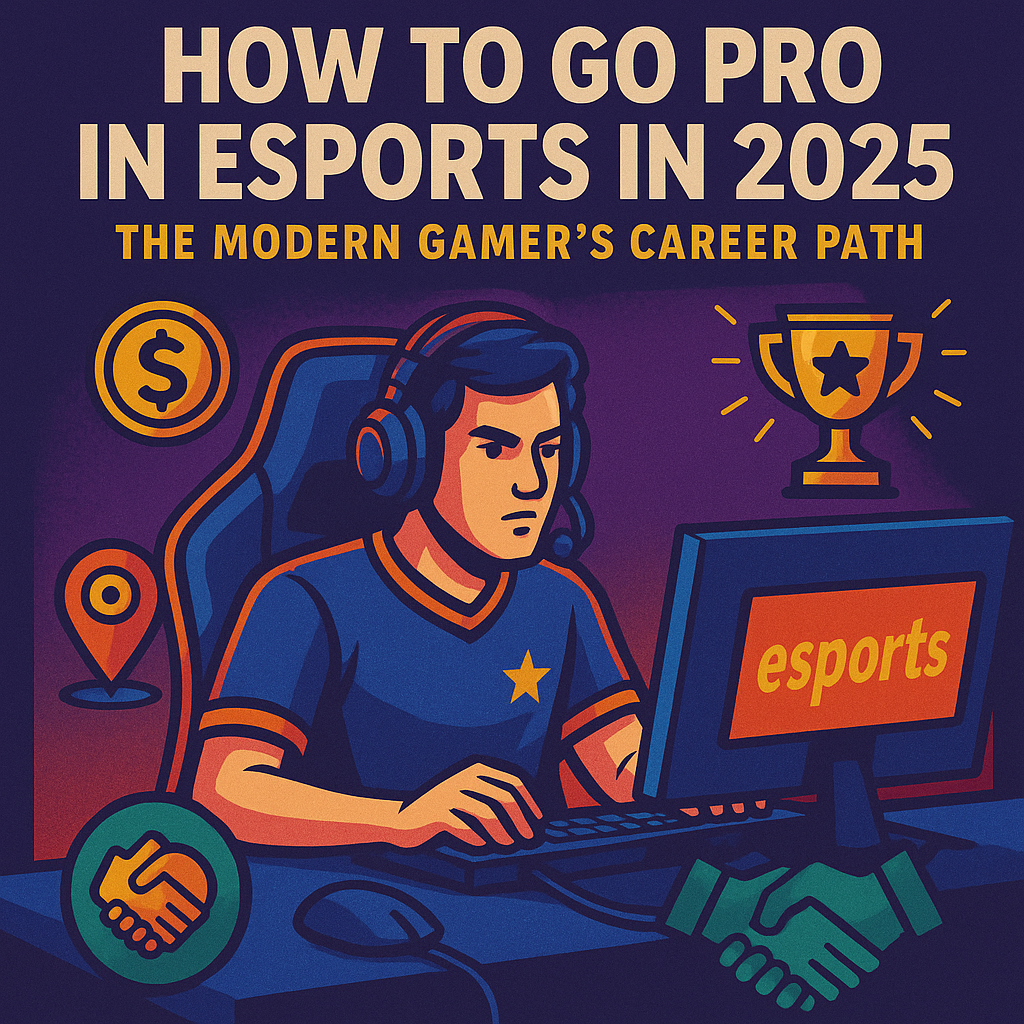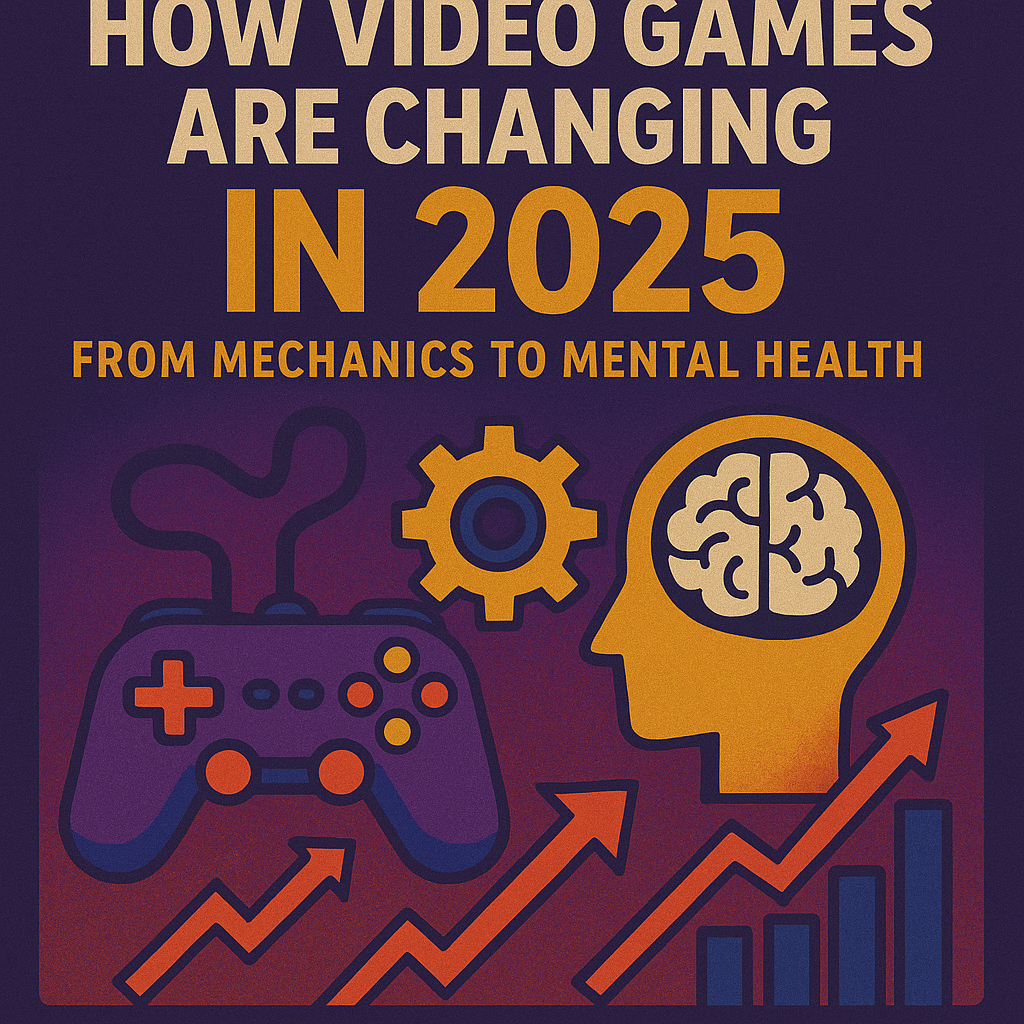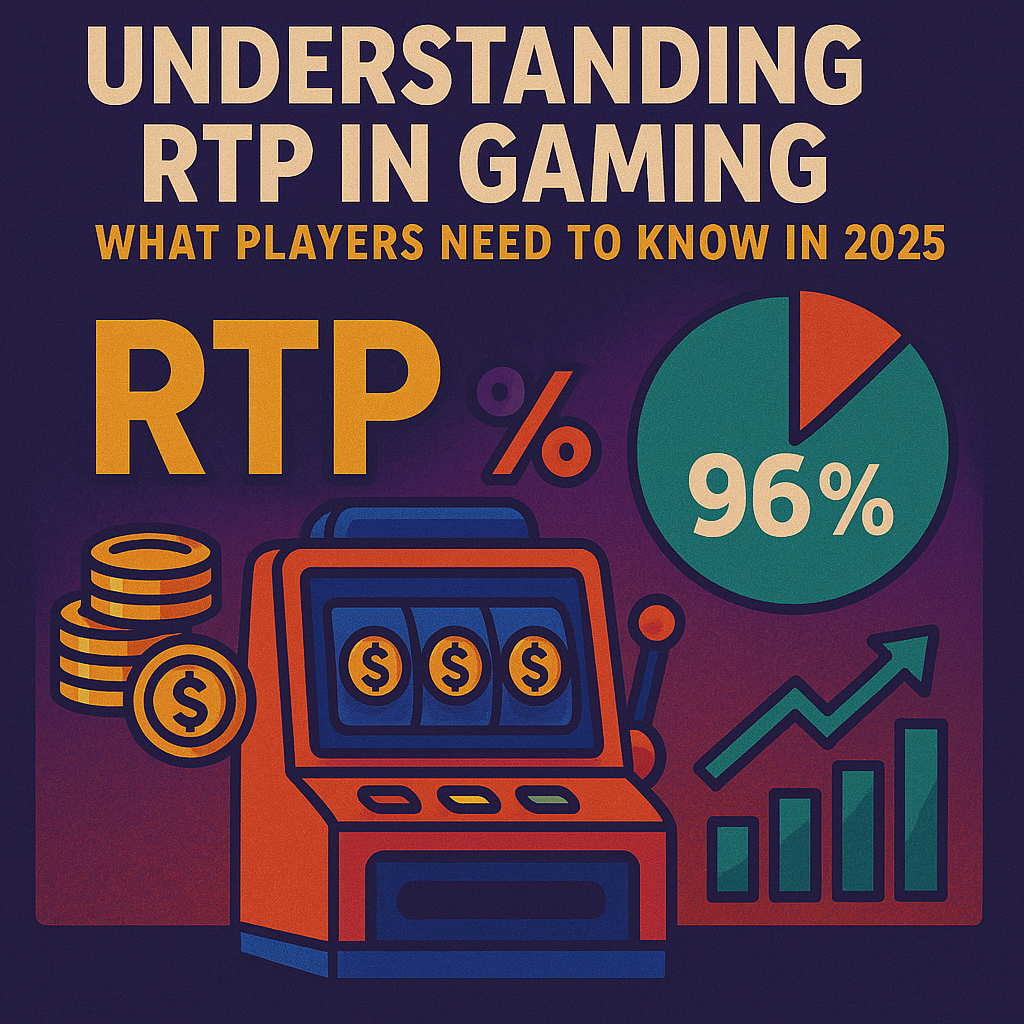Introduction: Gaming Is a Career Now — Seriously
Once dismissed as a hobby for teenagers in basements, esports has become one of the fastest-growing industries in the world. In 2025, going pro in gaming is not only possible—it’s a viable career path with sponsorships, six-figure salaries, media contracts, and global recognition.
The UK esports scene, in particular, is booming, with increasing investment from universities, broadcasters, and government-backed initiatives. But how do you turn your skills into a career?
This is your step-by-step guide.
1. Choose Your Game (Wisely)
Not all games offer the same opportunities. If you want to go pro, choose a title with an established competitive scene, frequent tournaments, and a high player base.
Top esports games in 2025:
- Valorant (FPS with team strategy)
- Rocket League (physics-based car soccer)
- League of Legends: Wild Rift (MOBA on mobile)
- Clash Ring (2025 breakout fighting strategy game)
- Overwatch 3 (revamped team shooter)
🎯 Tip: Stick to one game. Mastery beats variety in the world of esports.
2. Build Skills Through Structured Practice
Raw talent will only take you so far. To compete at a professional level, you need:
- Game Sense: Knowing where enemies are likely to be, when to rotate, how to counter strategies.
- Mechanical Skill: Precision, reaction time, movement.
- Communication: Esports is a team sport. Verbal clarity is everything.
- Consistency: Play at your best every time—not just when you “feel it.”
Tools like Aim Lab, KovaaK’s, and VOD reviews (watching your past matches) are essential. Top players treat this like athletes do training.
3. Get Ranked & Climb the Ladder
All competitive games have ranking systems (ELO, MMR, etc.). You need to reach:
- Top 1% in your region
- Consistent win rates
- Statistical dominance (K/D ratio, win/loss, assists, etc.)
Once you’re in the upper brackets, you’ll start running into other top-tier players, including semi-pros and scouts.
🎮 Platforms like Faceit, ESL Play, and ESEA host third-party ladders to boost exposure.
4. Participate in Amateur Tournaments
Start small, but start early.
Look for:
- Online community tournaments (Discord, Battlefy, Toornament)
- Local LAN events (check UK esports meetups)
- University leagues (British Esports Federation, NUEL, NSE)
These tournaments:
- Build your reputation
- Teach pressure management
- Offer real-world competitive experience
- Help you build a portfolio for sponsorships or team tryouts
🎯 Tip: Record your gameplay, stream your matches, and be searchable.
5. Get Noticed: Build Your Brand
Skill alone isn’t enough. You also need visibility.
✅ Start streaming (Twitch, Kick, YouTube Live)
✅ Create highlight reels and montage clips
✅ Be active on X (Twitter), Discord, and Reddit
✅ Engage with communities in your game
✅ Offer tutorials or insights to showcase your knowledge
The more value you give, the more likely teams or sponsors will reach out. Your social media can be your resume.
6. Join a Team or Org
Once you’re performing and building traction, it’s time to look for an esports org.
Types of teams:
- Grassroots orgs – local or regional UK teams looking for young talent
- University-sponsored teams – often provide gear, coaching, travel expenses
- Pro teams – with salaries, full-time coaches, analysts, sponsorships
Reach out professionally. Include a one-sheet CV:
- Game stats
- Roles played
- Tournament history
- Links to gameplay
- Socials & contact info
7. Take Care of Your Mind and Body
Pro gaming is intense. Burnout is real.
🧠 Mental: Sleep, breaks, and mindfulness are crucial. Esports psychologists are common in 2025 for a reason.
💪 Physical: Good posture, nutrition, and basic exercise improve reaction time and endurance.
Also, remember: a bad week doesn’t define your skill. Recovery is part of the process.
Conclusion: Make the Grind Worth It
Going pro in esports takes more than just hours—it takes discipline, adaptability, and a willingness to grow. But in 2025, the infrastructure is finally in place.
You’ve got access to resources, communities, and opportunities previous generations of gamers only dreamed of.
So if you’ve ever thought, “Could I actually do this?” — the answer is yes.
You just have to treat it like a job, not a game.



